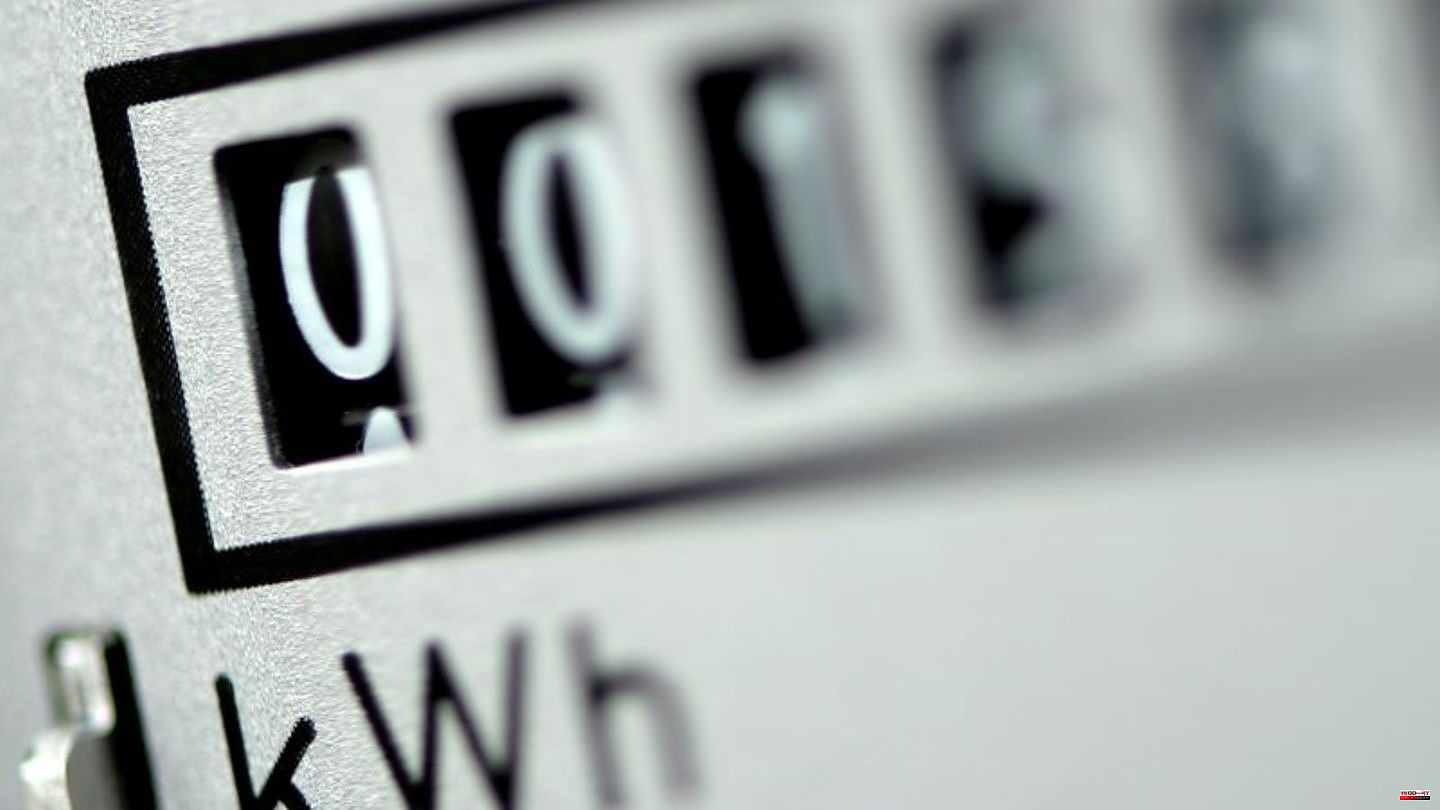The federal government wants to slow down a further increase in electricity prices with a billion-dollar subsidy - business associations are calling for further steps. "The high energy prices are a significant burden on our economy and have the potential to lead to major socio-political upheavals," said the head of the Federal Association of Energy and Water Industries (BDEW), Kerstin Andreae, of the dpa: "In this respect, targeted measures for it is imperative to tackle a relief. Dampening the grid fees of the transmission system operators is an important step in this direction."
The economic policy spokeswoman for the Union parliamentary group, Julia Klöckner, said that there must be further measures, especially for electricity-intensive companies. "Because their competitiveness and thus also their jobs are massively endangered by the extremely high electricity costs."
measures of the federal government
With a subsidy of 13 billion euros, the federal government wants to prevent the grid fees, i.e. electricity grid fees, from rising sharply in the coming year. Economics Minister Robert Habeck (Greens) explained: "All consumers pay the network charges - both the economy and private households." For the economy in particular, this is a large proportion of electricity costs. Network charges threatened to triple.
"We are now making sure that these cost increases are absorbed and thus prevent an additional burden for industrial companies, medium-sized companies and consumers." The subsidy is done in connection with the electricity price brake and the defense shield." For interim financing, surpluses on the EEG account are accessed.
"It was foreseeable that network charges would increase massively at the turn of the year," said Deputy DIHK General Manager Achim Dercks. "Therefore it is necessary for the federal government to intercept this increase. A further increase in electricity prices through network charges would have endangered the existence of even more companies." Taking the necessary money from the EEG account and giving it back to the companies is the right thing to do.
The EEG account currently contains around 17 billion euros. Remuneration and sales proceeds for renewable electricity are posted to the account. Because of the high electricity prices, the account is in the black.
On Wednesday, the four major transmission system operators announced the planned amount of the usage fees, which, in addition to production and procurement costs and taxes, make up part of the bill for end customers. In 2023, they should average 3.12 cents per kilowatt hour.
Reactions to the project of the federal government
The energy expert Thomas Engelke from the Federal Association of Consumer Organizations said that the money from the EEG account should flow to private households and companies in the form of climate money as a refund for the CO2 price.
The BDEW and the public utilities association VKU warned that the federal government must also prevent cost increases in the fees for the distribution grids. "Even today, many households, many commercial and industrial customers no longer know how to cope with the increased energy prices," said VKU general manager Ingbert Liebing. In addition, the federal government should lower the electricity tax to the permissible European minimum.
The head of the Federal Association of Small and Medium-Sized Businesses, Markus Jerger, told the dpa that despite the federal government's step in network charges, the costs for most consumers would increase. Internal consumption in the company and the regional supply of electricity between decentralized generators must be made more attractive in order to relieve the grid and thus the grid fees.








